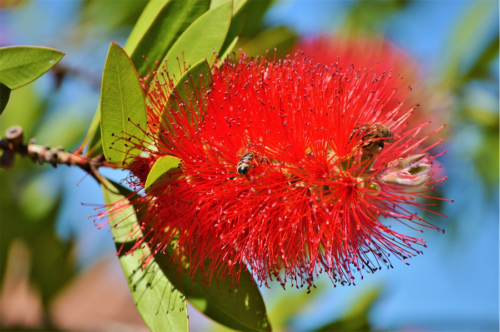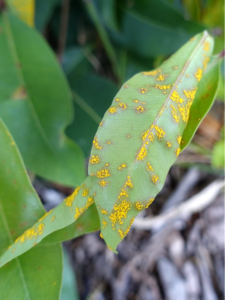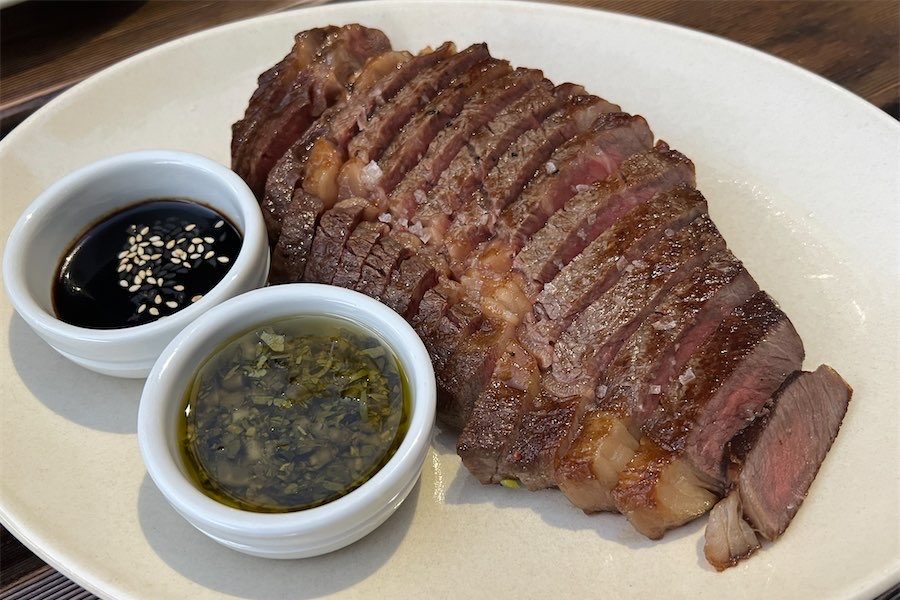
“I am repeatedly asked about the effect of climate change on gardening from individuals to groups. So let’s consider a few facts…” here’s this week’s gardening column from CEDRIC BRYANT.
ARE blossoms appearing earlier, will tomatoes ripen sooner or will everything shrivel to nothing due to the drought?

Are eucalypts dying on the Monaro due to climate change? Will all the pollinating bees shortly be gone with the result of no fruit forever?
I am repeatedly asked about the effect of climate change on gardening from individuals to groups. So let’s consider a few facts, none more so clearly put than in a recent “Weekend Australian” report that says the suggestion the European honey bee is endangered and the human race faces extinction as a result is nonsense.
“One of the leading experts on bees at the ANU, Prof Saul Cunningham, says there are a lot of different challenges to the 20,000 species of bees around the world,” the paper says.
“Loss of habitat as a result of expansion of agriculture and the use of pesticides. These are causing problems not only for bees but all insects on the planet”.
Prof Cunningham is quoted as saying: “Pesticides used in agricultural production can damage the bees’ immune systems and put them at risk of disease, whilst fungicides can damage the quality of pollen the bees feed their young.
“They are under stress in drought areas and the increased exposure to chemicals does not do them any good.”
THEN there’s the suggestion that the global loss of tree cover is due to climate change.
Dutch elm disease has wiped out nearly all elm trees in northern Europe and it’s estimated at least 20 million trees were killed by it in Britain alone. In France, 90 per cent of its elm trees are gone. It is now in NZ and Canada.
Now there’s a threat to ash trees caused by a fungal disease originating in Asia. Stricken trees develop lesions and blackened leaves with death starting at the top of the tree progressing to the bottom. The educated guess by tree scientists is that 80 per cent of Britain’s 80 million ash trees will be dead in 20 years! The financial cost to the economy of ash-tree dieback alone is estimated to be in excess of $A28 billion.
Losing trees from a community point of view can lead to poor physical and mental health. More importantly, this loss of trees translates to a massive loss of carbon dioxide being absorbed into the atmosphere.
Here in Canberra we have planted extensively elm and ash as street trees and in older, larger private gardens.

NOW we have a local threat to our native flora, myrtle rust (austropuccinia psidii). a fungus-borne disease which affects not only eucalyptus but also callistemon and melaleuca.
The disease causes deformed leaves, defoliation dieback and death. It is not known how it entered Australia, possibly from Asia. First identified in 2010 on the NSW north coast it has now spread from Tasmania to the NT.
At this stage it does not appear to have crossed the Great Dividing Range, preferring the warmer, damper air of the coastal fringe.
The fungal spores can be spread by hair, clothing and personal items as well as infected plant material.
However, all this loss of tree cover has nothing to do with climate change. With the above in mind, shouldn’t we be planting extensive stands of eucalypts and kurrajongs in Canberra? Maybe it’s time for the government to re-read the ACT Assembly’s 2000 inquiry “An appropriate tree management and protection policy for the ACT”.
Who can be trusted?
In a world of spin and confusion, there’s never been a more important time to support independent journalism in Canberra.
If you trust our work online and want to enforce the power of independent voices, I invite you to make a small contribution.
Every dollar of support is invested back into our journalism to help keep citynews.com.au strong and free.
Thank you,
Ian Meikle, editor




Leave a Reply